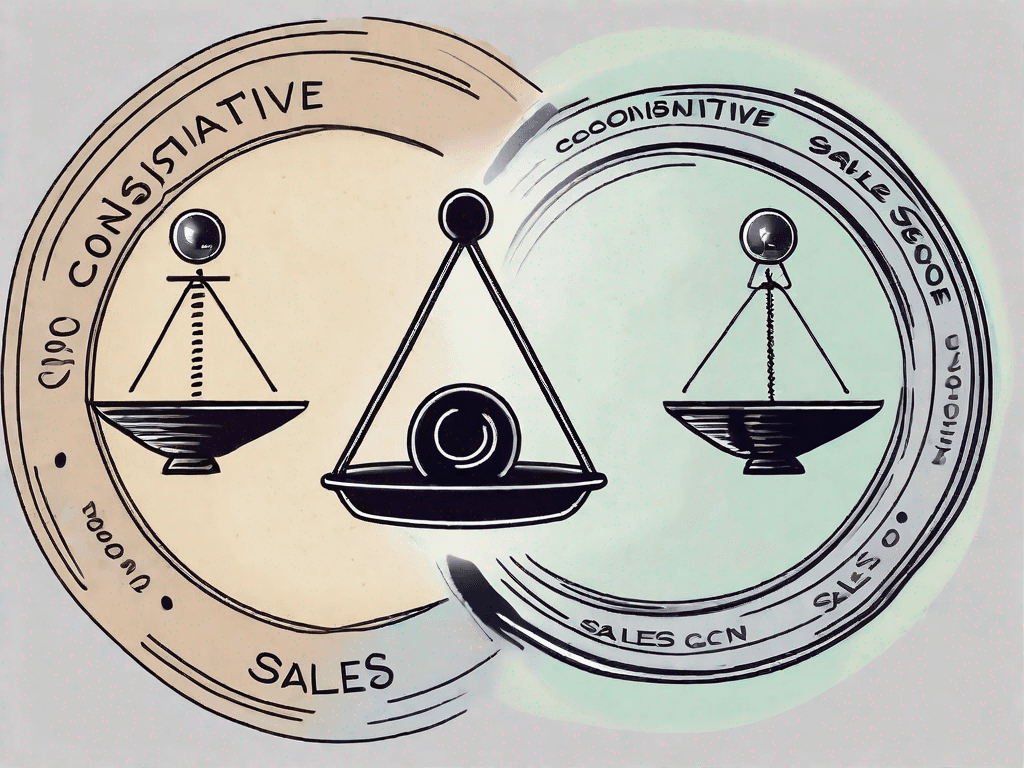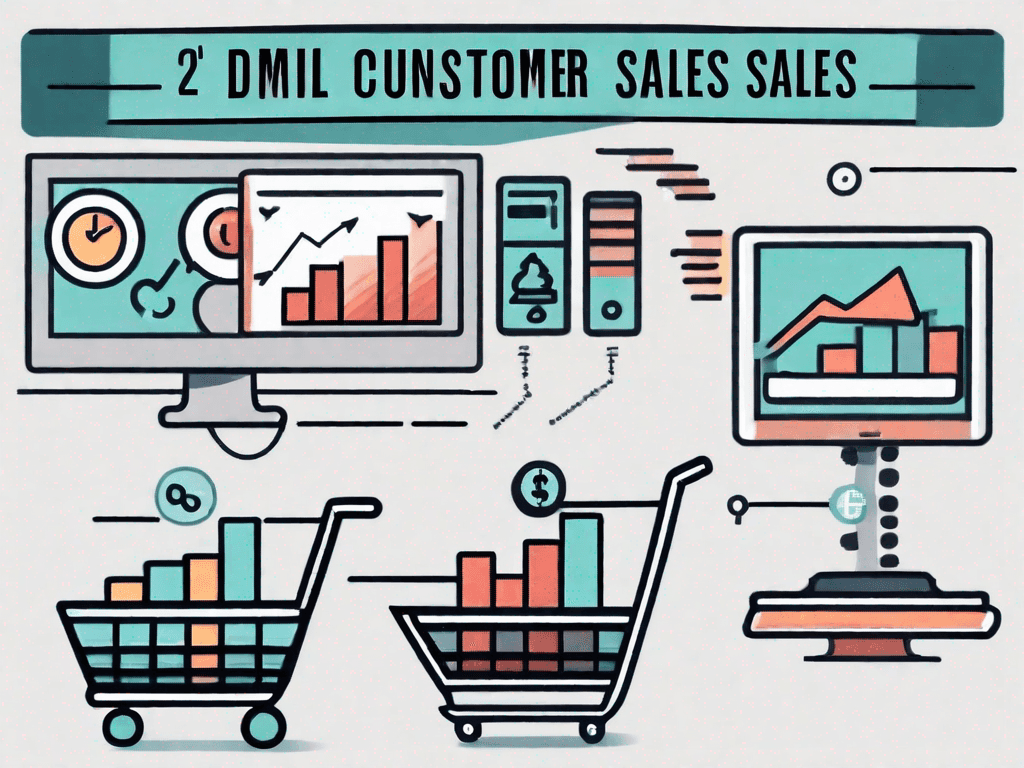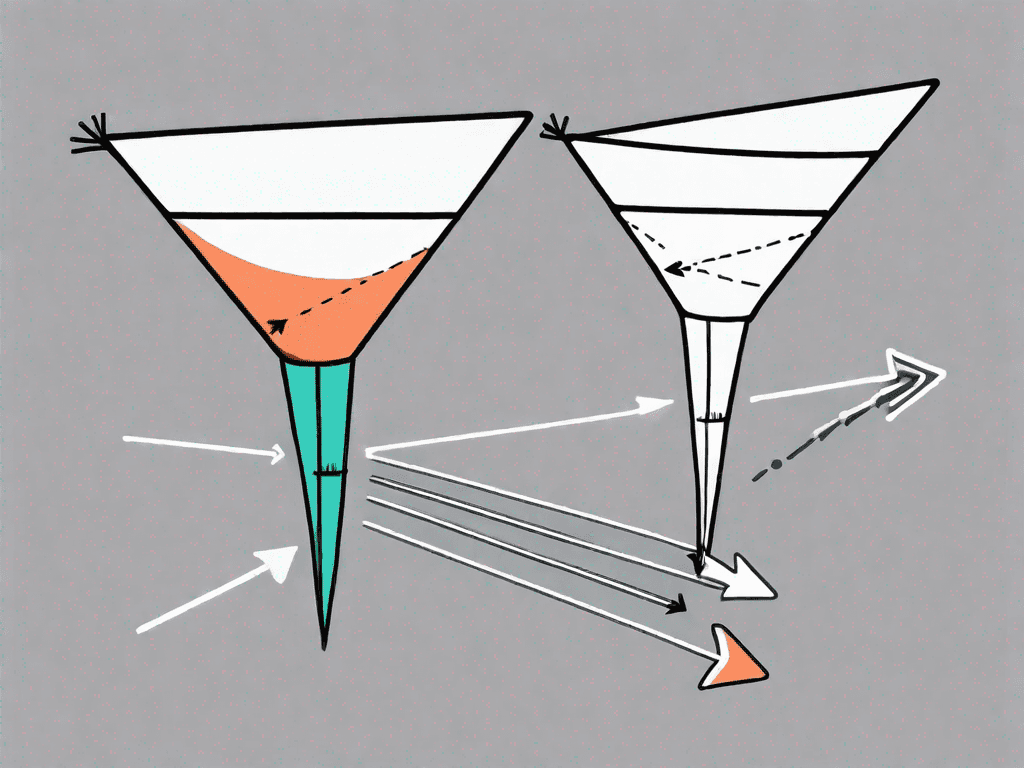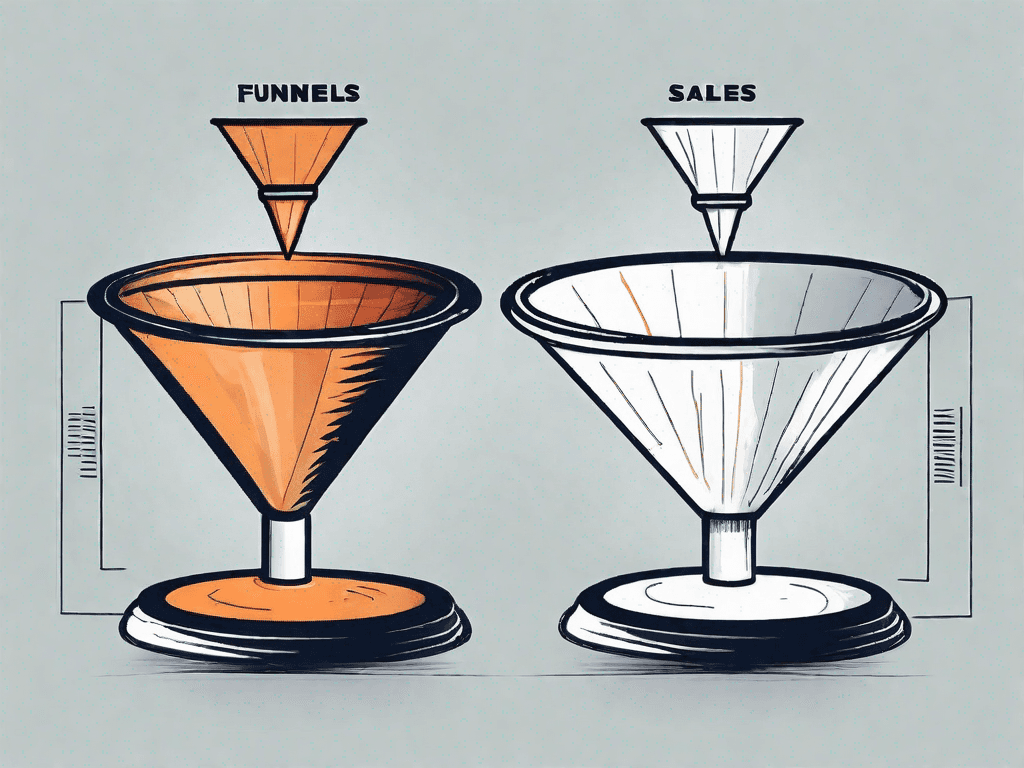
Direct Sales vs Channel Sales: What's the Difference?
In today's competitive business landscape, companies have various strategies and approaches to drive sales and revenue. Two common methods are direct sales and channel sales. But what exactly do these terms mean, and what sets them apart? In this article, we'll define direct sales and channel sales, explore their differences, and provide practical examples to help you understand their applications in different contexts
1°) Defining Direct Sales and Channel Sales
1.1 - What is Direct Sales?
Direct sales involve selling products or services directly to customers without the involvement of intermediaries. In this model, a company's sales force, often comprised of in-house representatives, build relationships with prospects, take orders, and close deals. This approach allows companies to have full control over the sales process, from initial contact to finalizing the sale.
Direct sales offer several advantages for companies. Firstly, it allows them to establish a direct connection with their customers, enabling better understanding of their needs and preferences. This direct interaction also facilitates the building of strong and long-lasting customer relationships, which can lead to repeat business and customer loyalty.
Furthermore, direct sales provide companies with the opportunity to gather valuable feedback and insights directly from customers. This feedback can be used to improve products or services, enhance customer experience, and identify new market opportunities. By eliminating intermediaries, companies can also have more flexibility in pricing and promotional strategies, allowing them to respond quickly to market changes and customer demands.
1.2 - What is Channel Sales?
Channel sales, on the other hand, rely on intermediaries or third-party partners to sell products or services on behalf of a company. These partners can be distributors, resellers, or retailers who have existing networks and relationships with customers. Channel sales enable companies to expand their market reach by leveraging the expertise and resources of their partners.
One of the key benefits of channel sales is the ability to tap into the partner's established customer base. By partnering with distributors or resellers who already have a strong presence in a particular market or industry, companies can quickly gain access to a wider audience without the need for extensive marketing efforts. This can be especially advantageous for companies entering new markets or launching new products.
Additionally, channel sales can provide companies with cost savings and efficiencies. By outsourcing the sales function to partners, companies can reduce the need for maintaining a large in-house sales force and associated overhead costs. This allows companies to focus their resources on core competencies such as product development and innovation.
Furthermore, channel partners often bring specialized knowledge and expertise in specific industries or markets. This can be particularly valuable for companies that lack the necessary expertise or resources to effectively sell and market their products or services in certain segments. By leveraging the partner's knowledge and network, companies can benefit from their partner's established relationships and market insights.
In conclusion, both direct sales and channel sales offer unique advantages for companies. Direct sales provide control, direct customer interaction, and valuable feedback, while channel sales offer market reach, cost savings, and specialized expertise. The choice between the two approaches depends on various factors such as the nature of the product or service, target market, and company's resources and capabilities.
2°) What's the difference between Direct Sales and Channel Sales?
While both direct sales and channel sales aim to generate revenue for a company, several fundamental differences set them apart.
Direct sales provide companies with direct control over the sales process. By having in-house sales teams, businesses can closely monitor customer interactions, provide personalized assistance, and tailor their approach to individual customers. Additionally, direct sales allow for quicker feedback and adaptation to market changes since companies have more direct access to customer needs.
On the other hand, channel sales offer companies the advantage of expanding their market coverage without significant capital investment. By partnering with established intermediaries, businesses tap into existing distribution networks and customer bases, accelerating market reach and potential sales volume. Channel sales also allow companies to benefit from the expertise and specialization of their partners, who can bring industry knowledge and a tailored approach to specific markets or customer segments.
While direct sales keep the entire sales process within the company, channel sales involve sharing the responsibility and revenue with partners. In direct sales, a company reaps all the benefits from successful sales, but also assumes the risks and costs associated with building and managing a sales team. Channel sales, on the other hand, involve sharing profits with partners who contribute to the sales process. These partners bear some of the risks, such as inventory and marketing costs, but also reap rewards from successful sales.
3°) Examples of the Difference between Direct Sales and Channel Sales
2.1 - Example in a Startup Context
In a startup context, direct sales can be valuable when introducing a new and innovative product. The company's sales team can directly engage with potential customers, showcasing the product's unique features and benefits. By closely understanding customer needs and pain points, the sales team can adapt their pitch on the fly and provide immediate feedback to product development teams. This direct interaction helps startups refine their products quickly and build loyal customer relationships.
On the other hand, channel sales can be advantageous for startups with limited resources. By partnering with established distributors or retailers, startups can avoid the need for significant upfront investments in sales teams. This allows them to focus on product development while leveraging the partner's existing customer base and market reach. The partners, in turn, benefit from adding an innovative product to their portfolio without the risks associated with developing a new offering from scratch.
2.2 - Example in a Consulting Context
When it comes to consulting services, direct sales often play a crucial role. Consultants rely on building relationships with decision-makers within client organizations. By utilizing direct sales, consultants can establish trust, understand the client's unique challenges, and offer tailored solutions. In this context, direct sales enable consultants to position themselves as trusted advisors and provide ongoing support throughout the engagement.
However, channel sales can also have a place in the consulting industry. Consulting firms may form partnerships with resellers or specialized agencies that have access to specific markets or industries. By leveraging the partner's expertise and market knowledge, consulting firms can extend their service offerings and reach a wider range of clients. This collaborative approach allows for a more comprehensive solution delivery while benefiting from the partner's established client relationships.
2.3 - Example in a Digital Marketing Agency Context
Direct sales are often critical for digital marketing agencies. By engaging directly with clients, agencies can understand their marketing objectives, tailor strategies to meet specific goals, and provide ongoing campaign management. The direct interaction enables agencies to address client concerns promptly and optimize marketing efforts based on real-time data.
Channel sales, however, can be beneficial for digital marketing agencies looking to expand their services. By partnering with complementary providers, such as web design or content creation agencies, digital marketing agencies can offer integrated solutions to clients. This collaboration allows agencies to tap into new markets and provide end-to-end services that encompass all aspects of a client's digital presence.
2.4 - Example with Analogies
Understanding the difference between direct sales and channel sales can be easier with the help of analogies. Imagine direct sales as a single store owned and operated by a company. The company has complete control over the store's operations, from product selection to customer service. On the other hand, channel sales can be compared to a franchise model. The company authorizes independent franchisees to sell its products or services under its brand. Each franchisee operates their own establishment, sharing profits with the company while taking care of day-to-day operations.
These analogies illustrate the contrasting nature of direct sales and channel sales. While direct sales offer complete control and accountability, channel sales provide opportunities for wider market coverage through collaboration with partners.
Conclusion
In summary, direct sales and channel sales are two distinct approaches to driving revenue and expanding market reach. Direct sales rely on in-house sales teams to establish strong customer relationships and maintain control over the sales process. Channel sales, on the other hand, leverage partnerships with intermediaries to tap into existing networks and reach a wider customer base. Both approaches have their advantages and are suited for different contexts and business objectives. By understanding the nuances of direct sales and channel sales, companies can make informed decisions and optimize their sales strategies accordingly.


















































































































































